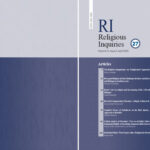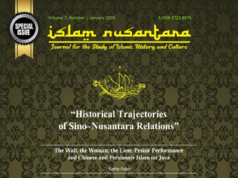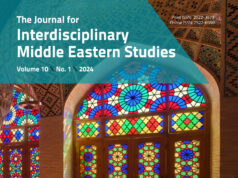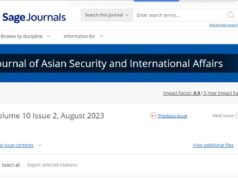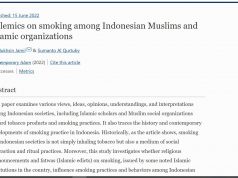Abstract
Southeast Asia is a “religious region” where multiple local and transnational faiths have thrived significantly. In recent decades, this area has witnessed a notable increase in observant and conservative religious adherents. The resurgence of religion takes various forms, ranging from minor violence to lethal violence and intolerance, which, in turn, challenge national security, peaceful coexistence, and social harmony. This article aims to study and respond to the contemporary phenomenon of religious resurgence in Southeast Asia, particularly the rise of nationalistic, militant Buddhism in Myanmar and Salafi-Islamist groupings in Indonesia, as well as their contributions to and impacts on inter- and intra-religious relations and dialogue. More specifically, this paper introduces Leonard Swidler’s concepts and principles of Deep Dialogue or Dialogue Decalogue, which may be useful in overcoming inter- and intra-religious tensions and violence. Despite various inter- and intra-religious dialogue efforts, relations among religious communities in parts of Myanmar and Indonesia remain tense and disharmonious. This article argues that ongoing conflicts and clashes among religious groups are due, among other factors, to a lack of serious peacebuilding and intergroup intervention from local and central governments, a deficiency in genuine inter- and intra-religious dialogue from religious groups and conflicting parties, and a failure to diagnose the root causes of religious tensions. Serious, positive, and synergetic collaborations between state actors (the government) and societal actors (non-government groups) will shape the future of inter- and intra-religious relations and peacebuilding efforts in these two countries.

